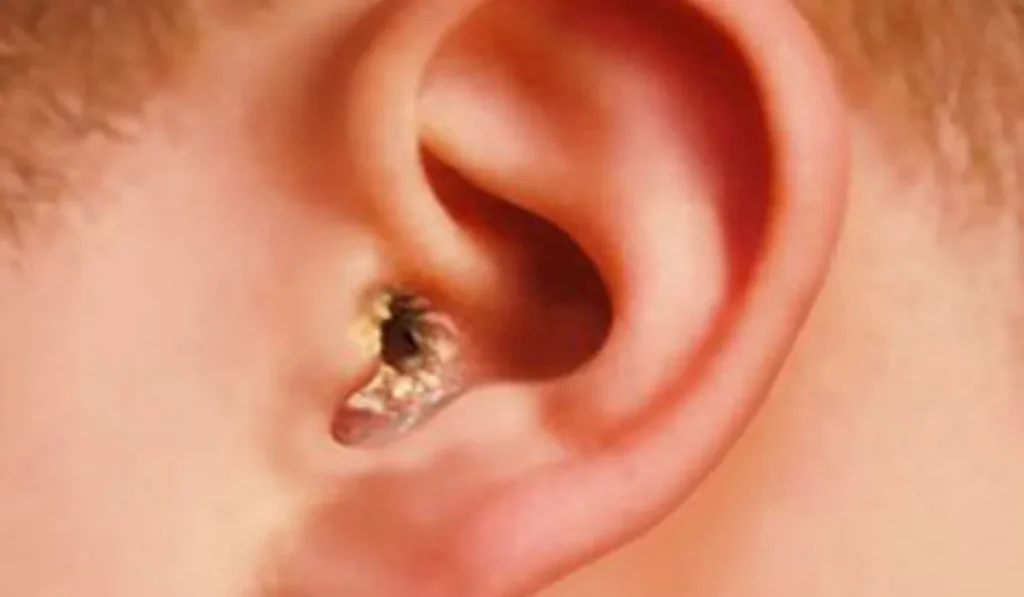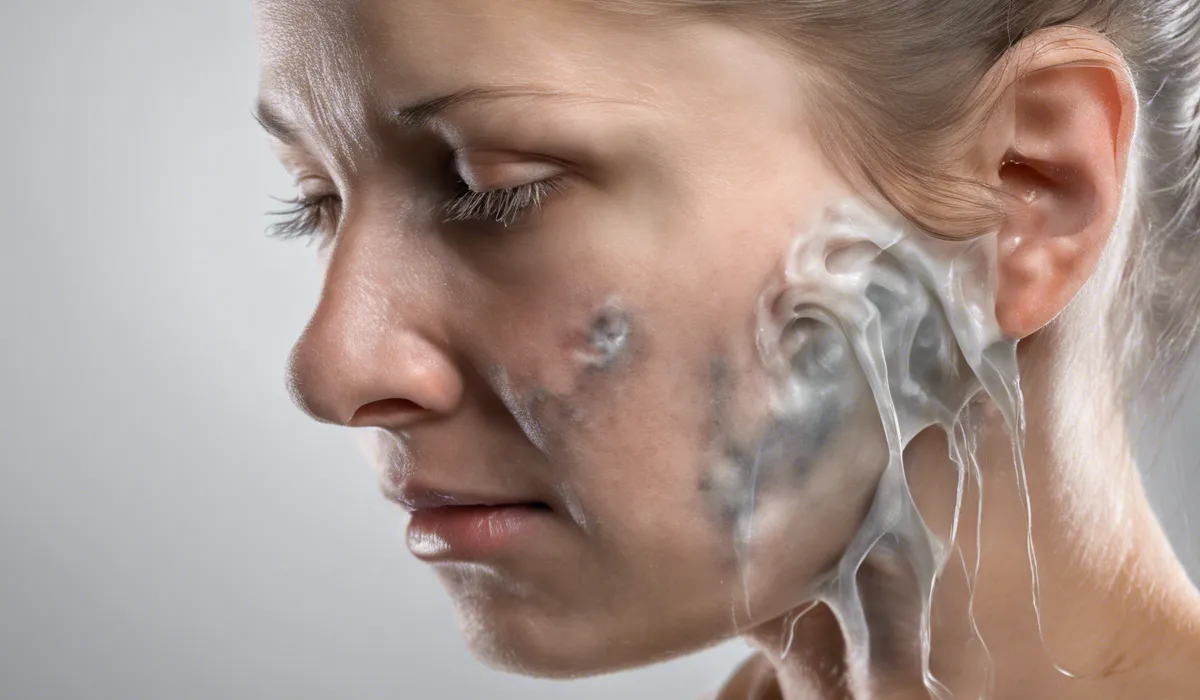Yes, mold can contribute to ear infections. Mold spores can irritate the ear canal, leading to inflammation and infection. This is more common in individuals with allergies or weakened immune systems. Prompt and proper treatment is essential to prevent complications.
Understanding Mold and Its Effects on Health

What Is Mold?
Mold is a type of fungus that can grow indoors and outdoors. It comes in various types, including black mold, which is known for being particularly harmful.
Mold thrives in damp, warm, and humid environments, often found in basements, bathrooms, and kitchens. Despite its small size, mold can have a big impact on your health.
Common Places for Mold Growth
Mold loves to grow in places where moisture is present. Look around your home, especially in areas where water might collect.
You might find mold on window sills, under sinks, in shower stalls, and around leaky pipes. It can also hide in less obvious spots, like inside walls, under carpets, or in ventilation systems.
Health Problems from Mold Exposure
When you breathe in mold spores, they can cause health problems. Some people might get a stuffy nose, sore throat, or cough.
Others could have more serious reactions, especially if they have allergies or asthma. Mold exposure can even affect your skin, eyes, and lungs.
Mold and Respiratory Issues
Mold can be especially tough on your lungs. It can trigger asthma attacks and lead to infections in your lungs.
People with chronic lung diseases need to be extra careful, as mold can make their conditions worse.
How Mold Affects the Ear?
Even your ears are not safe from mold. If mold spores get into your ear canal, they can irritate it and might lead to an infection.
This is more likely to happen if you have allergies to mold or if your immune system is not as strong.
The Mechanism Behind Mold-Induced Ear Infections

How Mold Leads to Ear Infections?
When mold spores find their way into your ear, they can cause trouble. The warm and moist environment of the ear canal is perfect for mold to grow.
If it grows too much, it can lead to an infection known as otitis externa, or swimmer’s ear.
Mold Spores and Allergic Reactions
For some people, mold spores can cause allergies. When these spores enter the ear, they can cause the ear canal to swell.
This swelling can block the ear and make it hard for any trapped water or wax to escape. This blockage can lead to an infection.
Fungal Otitis Externa
Fungal otitis externa is a type of ear infection caused by fungi, like mold. It can make your ear feel itchy, painful, and full.
Sometimes, it can also cause a discharge from your ear. If you notice these signs, it’s important to get help from a doctor.
Mold and Middle Ear Problems
Mold doesn’t just affect the outer ear. It can also cause problems in the middle ear, especially if you have Eustachian tube dysfunction.
The Eustachian tube helps keep pressure equal in your ear, and if it’s blocked, mold can contribute to infections in the middle ear.
Prevention and Treatment of Mold-Related Ear Infections

Preventing Mold Growth at Home
One of the best ways to stop mold is to control moisture in your home. Fix leaks, use dehumidifiers, and keep your home well-ventilated.
Make sure to clean up any water spills quickly, and keep the humidity levels in your home below 50% to keep mold at bay.
Cleaning Tips to Reduce Mold Exposure
To limit your exposure to mold, clean your home regularly. Use mold-killing products in bathrooms and kitchens.
Don’t forget to check places where mold likes to hide, like under sinks and in closets. If you find mold, clean it up right away and fix any problems that caused it.
Medical Treatments for Mold Infections
If you get an ear infection from mold, your doctor might give you ear drops with medicine to kill the fungus.
If the infection is severe, you might need other medicines, like antifungal tablets. It’s important to follow your doctor’s advice to get better.
When to Seek Doctor’s Help?
If your ear is hurting, itchy, or you can’t hear as well as usual, it’s time to see a doctor.
Don’t wait too long, because ear infections can get worse and can even cause more serious issues. Your doctor can check your ear and give you the right treatment.
Potential Complications from Delayed Treatment
Ignoring an ear infection can lead to big problems. The infection can spread, causing pain and swelling in other parts of your head or neck.
In rare cases, it can even affect your hearing permanently. So, it’s really important to treat ear infections right away.
FAQs About Mold and Ear Infections
Can mold exposure lead to ear infections?
Yes, exposure to mold spores can irritate the ear canal and lead to inflammation, which may result in an ear infection, especially in individuals with allergies or weakened immune systems.
Is mold a common cause of ear infections?
Mold is not the most common cause of ear infections, but it can contribute to them, particularly in susceptible individuals.
What are the symptoms of a mold-related ear infection?
Symptoms may include ear pain, itching, fullness, hearing loss, and discharge. Mold-related ear infections can resemble other types of ear infections in their symptoms.
How should a mold-related ear infection be treated?
Prompt and proper treatment from a healthcare provider, which may include antifungal medications, is essential to prevent complications from a mold-related ear infection.
Can cleaning mold prevent ear infections?
Regular cleaning to prevent mold growth, especially in damp areas, can help reduce the risk of mold-related ear infections, alongside maintaining general ear health.
Final Thoughts
Mold exposure can indeed lead to ear infections, particularly for those with allergies or compromised immune systems.
The spores irritate the ear canal, igniting inflammation which may escalate into infection. Addressing symptoms quickly and effectively is crucial to avert further complications.
